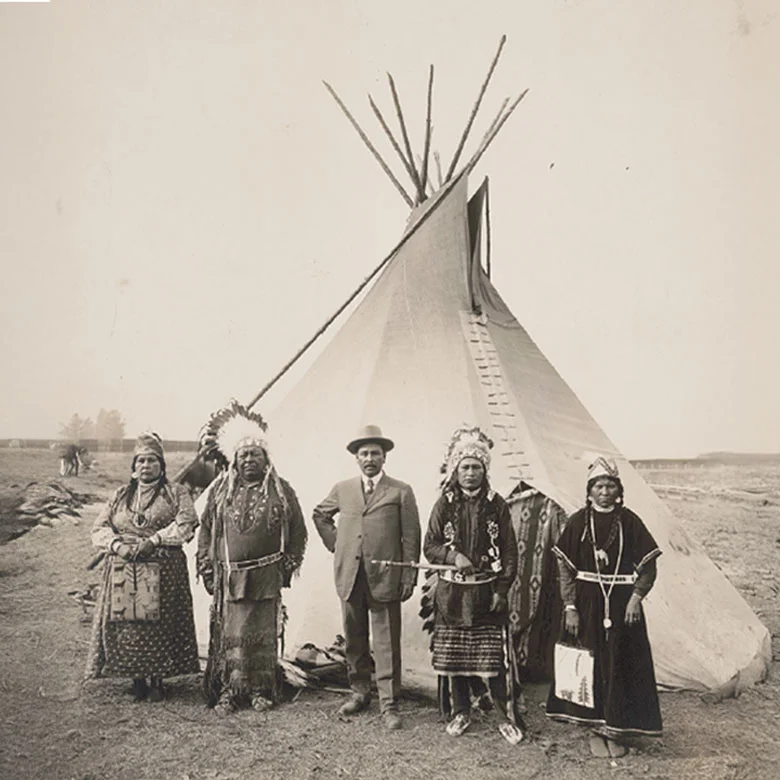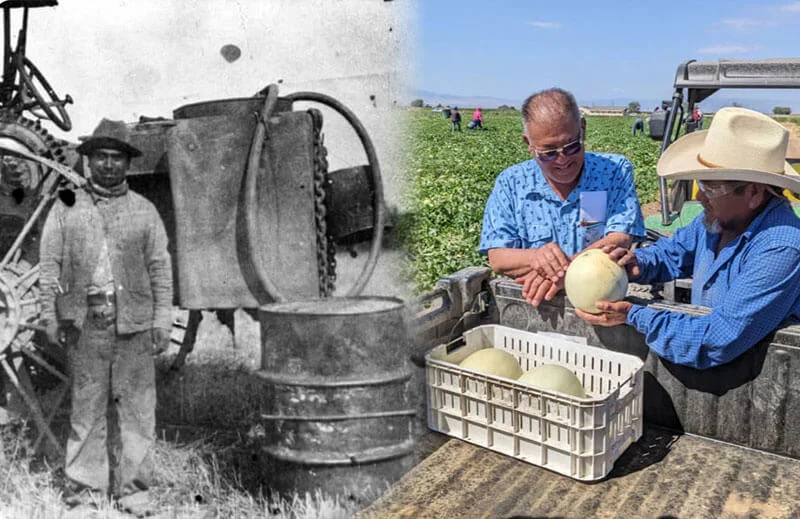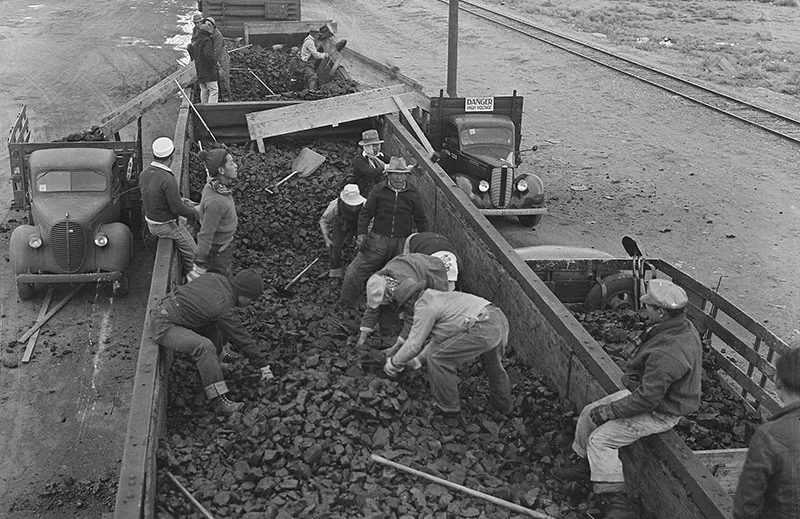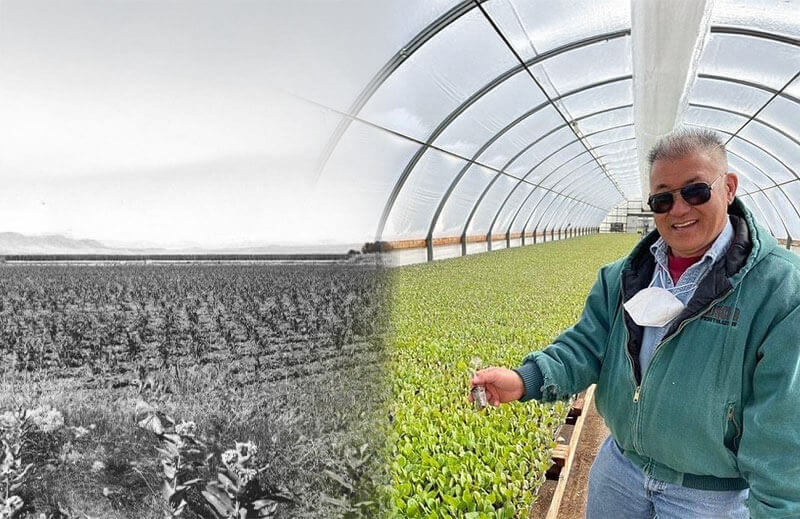
Yakama Nation Farms: When Compassion Overcomes Prejudice
The story of Yakama Nation Farms is rooted in a remarkable relationship between two communities that have faced deep discrimination and hardship. For over a century, Yakama Nation and the Inaba family have supported each other, forging connections that transcended the prejudices of their time. When laws and social attitudes turned against Japanese immigrants, the Yakama people — who had endured their own history of displacement — extended their hand in generosity and compassion.
This long-lasting partnership has yielded a highly productive operation that, among other things, delivers vibrant, succulent asparagus — a harbinger of spring that we anxiously await every April. Yakama Nation Farms focuses on creating educational and economic development opportunities on their reservation, aligning directly with Co-op values. Their past exemplifies how kindness toward others during times of injustice can ripple through generations, and their success today reminds us that when we choose understanding over fear, we all stand to gain.

Shukishi Inaba, and his brother Tomoji, arrived in Wapato, Wash., in 1907 after leaving Japan in search of greener pastures. Despite finding early success farming crops of hay, potatoes, and wheat, the brothers encountered significant setbacks over the years.
In 1921, Washington Gov. Louis F. Hart signed the Alien Land Bill, which banned non-white immigrants from leasing, purchasing or owning land in the state, as detailed on HistoryLink.org. The law also allowed the government to confiscate residents’ properties without compensation, making it effectively impossible for the Inaba farm to continue.
Yakama Nation stepped in to help when no one else would. With the Inaba’s livelihood imperiled, a Yakama tribal member told the family they could farm on tribal land. This set the stage for a long and close partnership.
Shukishi and his family continued to work the Yakama land, and rebuilt their business with great success. But in early 1942, after the attack on Pearl Harbor, Executive Order 9066 sent over 100,000 Japanese Americans to incarceration camps. Again, the Inaba family’s lives were upended. The government detained them in the Heart Mountain camp in Wyoming for more than two years.

They persevered through this life-shattering time, and in an extraordinary display of resilience, returned to Wapato. Their farm was gone, but their spirit was not, and Yakama Nation again extended their support with an offer to rebuild on a new parcel of tribal land.
“[…] we owed them a lot. Because if it wasn’t for them, our corporation never would have [existed].” Shiz Inaba, daughter of Shukishi, told Densho in 2023.
These acts of kindness weren’t forgotten. When Lon Inaba — Shiz’s son and the third generation to run the family farm — considered retirement, he reflected on the debt his family owed to Yakama Nation. Though selling to the tribe could mean receiving less than other potential offers, he felt it was the right thing to do.
In 2022, Yakama Nation purchased the 1,600-acre operation, renaming it Yakama Nation Farms, as detailed in the Yakima Herald-Republic. Lon and other family members stayed on to help with the transition, ensuring that generations of agricultural expertise wouldn’t be lost.

For Yakama Nation, the farm represents more than just economic opportunity — it’s a path toward food sovereignty and security. The tribe is exploring ways to make healthy produce more accessible to tribal members while maintaining the farm’s wholesale relationships with retailers like our Co-op.
Today, Yakama Nation Farms grows a diverse range of crops that we carry when available, including asparagus, zucchini, cucumbers, cantaloupe, and winter squash. One of our favorite offerings is their asparagus. While not certified organic, this item consistently appears on Environmental Working Group’s “Clean 15” list of crops with the lowest pesticide residues. This makes it a practical choice for conventional growing. Our Downtown Assistant Produce Manager, Liz, says their asparagus is so exceptionally tender that you can enjoy it uncooked, a testament to their growing methods and the fertility of the area.

The stewardship of the land by Yakama Nation, combined with the knowledge shared by the Inaba family, creates produce of remarkable quality. When you purchase food grown by Yakama Nation Farms at the Co-op, you’re not just getting flavorful, local ingredients — you’re supporting a historic partnership that embodies the values of cooperation, resilience, and community, which lie at the heart of what we do.